PNG looks to ‘big brother’ Australia for security needs: James Marape
Papua New Guinea’s PM James Marape says his country isn’t playing off Australia against China for its own advantage.
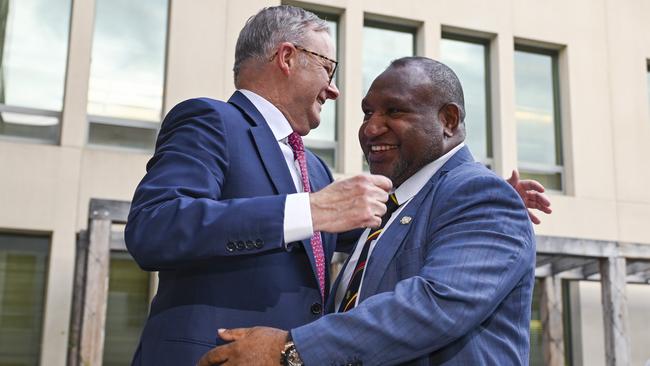
Papua New Guinea’s Prime Minister James Marape says his country isn’t playing off Australia against China for its own advantage, describing Australia as PNG’s “big brother” and its main domestic security partner.
In an exclusive interview ahead of his state visit this week, Mr Marape said with Australia’s help, PNG would repair its broken police service and prevent the country from becoming a haven for international criminals.
He said improving PNG’s internal security would deliver greater prosperity, and Australia could assist his country’s economic development through education programs, improved labour market access, and infrastructure loans.
“A prosperous PNG leads to a better, safer PNG and a safer Pacific,” he told The Australian.
“I don’t want PNG to be a problem nation where transnational crime syndicates and local crimes proliferate, because it can affect not just PNG but Australia and our other neighbours too.”
Mr Marape arrived in Canberra on Wednesday and will make a historic address to the federal parliament on Thursday – the first by a South Pacific leader.
He and Anthony Albanese will also meet behind closed doors for annual leaders’ talks, with PNG’s internal security at the top of the agenda after riots, looting and widespread police insubordination last month.
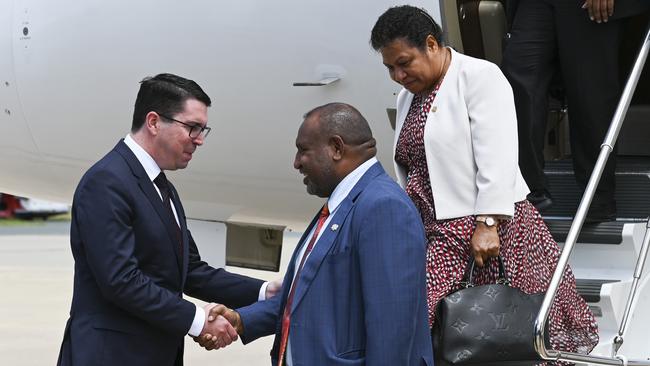
PNG is Australia’s closest neighbour and biggest aid recipient, receiving nearly $600m a year in Australian aid.
Mr Marape said Australia “as a big brother nation nurtured PNG into sovereignty” by granting it independence in 1975. He said his country didn’t take the relationship for granted, thanking Australians for their years of support.
“I want to assure all Australian taxpayers that none of their funds are squandered,” he said.
As China attempts to gain a security foothold in PNG with an offer of training and equipment for the nation’s police, Mr Marape said his country had made clear that Australia and the US were its “principal security partners”.
He said Australia was PNG’s main domestic security partner, and the US its “sovereign security partner”.
“These security arrangements in no way compromise our arrangements with other nations with their peculiar needs, but rather give security to their interests in PNG,” Mr Marape said.
“I am fortunate that all nations, including China, respect the direction I am shepherding PNG.”
While some Pacific Island nations have reaped windfall gains from the geopolitical contest between the West and China, Mr Marape said under his watch, PNG had been “very transparent in our bilateral engagements”.
“We have not played one nation against another but rather maintained our positions of being friends to all, whilst augmenting the specifics of each relationship,” he said.
Mr Marape’s comments follow the signing of a landmark Australia-PNG security agreement in December, and a $200m Australian government commitment to help rebuild the country’s police force from the ground up.
His government also signed a defence co-operation agreement with the US last year, granting American forces “unimpeded access” to the country for the security of both nations.
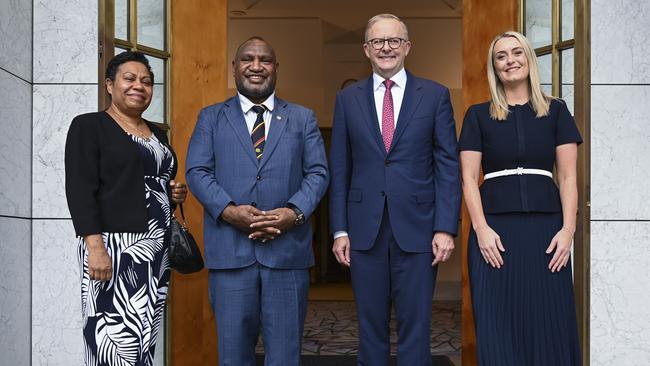
Mr Marape said PNG’s January riots, sparked by a public sector pay “glitch” and an ensuing police protest, had revealed a “deep rooted” breakdown in police discipline that was undermining public safety and the nation’s economy.
He said his government would work with Australia under the nations’ bilateral security agreement to recruit and retrain police, with a plan to nearly double the size of the force to 10,000 officers.
“As we work in the law and order space, Australia can also help PNG by finding ways to allow our economy to be supported by programs in education, taking workers from PNG, taking imports from PNG and assisting in low cost infrastructure funding as we are doing today,” Mr Marape said.
Mr Marape’s visit comes ahead of a potential challenge to his leadership within weeks, amid growing dissatisfaction with his government’s handling of the economy.
The country faces soaring debt, foreign exchange shortages and fuel rationing, while Mr Marape’s “take back PNG agenda” has stalled investment in key resources projects, depriving the country of much-needed revenue.
A statutory period barring a vote of no confidence in Mr Marape’s leadership expires on Friday, while the first date such a motion could be moved in the country’s parliament is February 20.
But Mr Marape said he had survived tougher political challenges. “I can afford to lose up to 20 MPs and I will still be okay,” he said.
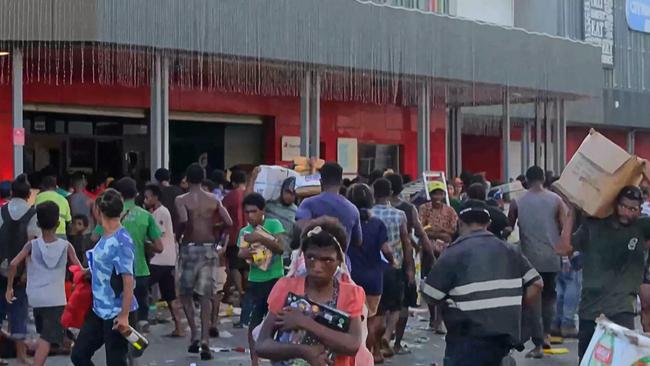
Several PNG opposition MPs called for the Albanese government to delay Mr Marape’s parliamentary address, accusing it of undermining the country’s political processes.
One of the country’s longest-serving MPs, Sir Puka Temu, said: “Is Australia insensitive to PNG’s domestic politics or blatantly interfering in our democratic processes?”
Independent PNG MP Allan Bird said Mr Marape was “a very nice man and a fair dinkum fellow”, but he wasn’t the man to lift PNG out of its economic and security crisis.
“He came in with a very anti-foreign investment mantra. And you know, foreign investors aren’t deaf,” Mr Bird said.
“They’re worried about whether the agreements they strike with the government are going to hold or not.”
Former Australian high commissioner to PNG Ian Kemish said Mr Marape was facing some “political argy bargy” at home, on top of some “quite serious social and economic problems”.
But his address would be a significant milestone in the countries’ bilateral relationship, he said.
“James Marape is the serving Prime Minister of our closest neighbour, a very significant partner,” Mr Kemish said.
“There’s some turbulence in Papua New Guinean politics – there always is in the lead up to the constitutional window in which a vote of no confidence can be held. But for now, he has a significant majority.
“So I think it’s the right thing to do. We’re recognising the state of PNG as an important partner.”



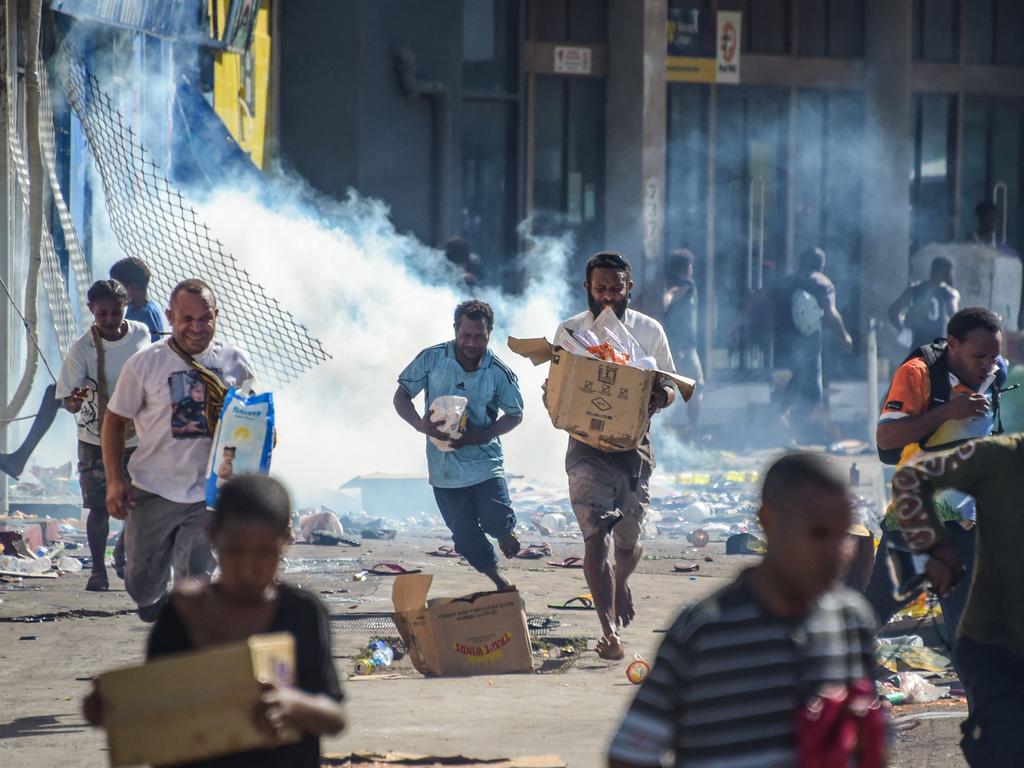
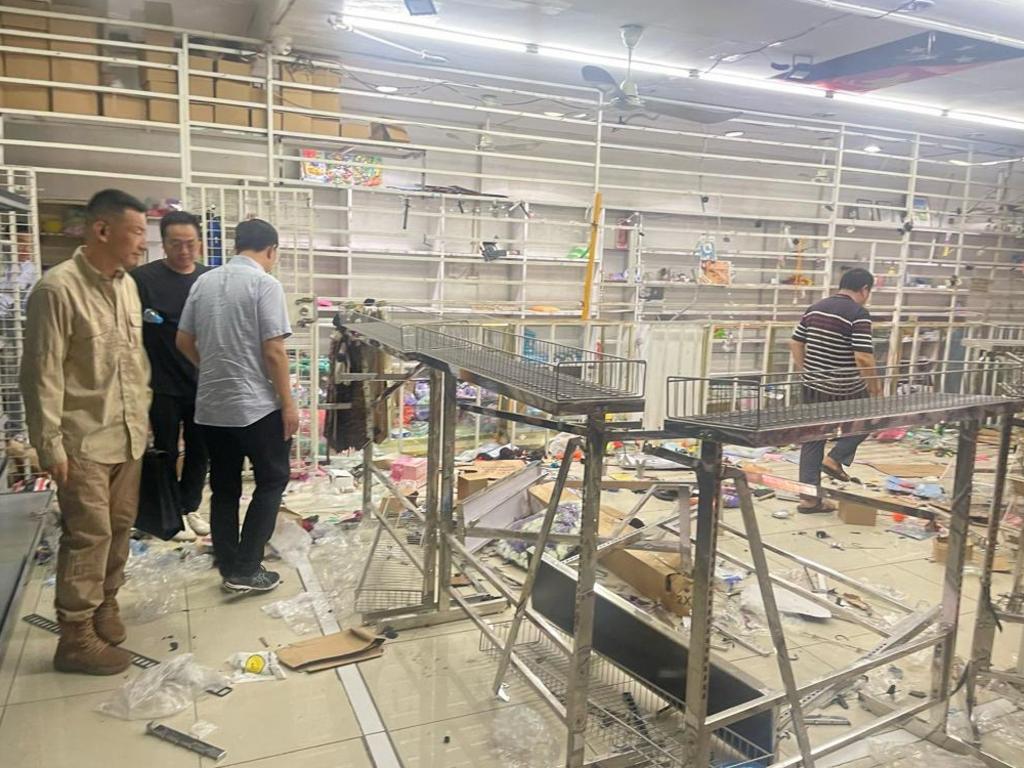
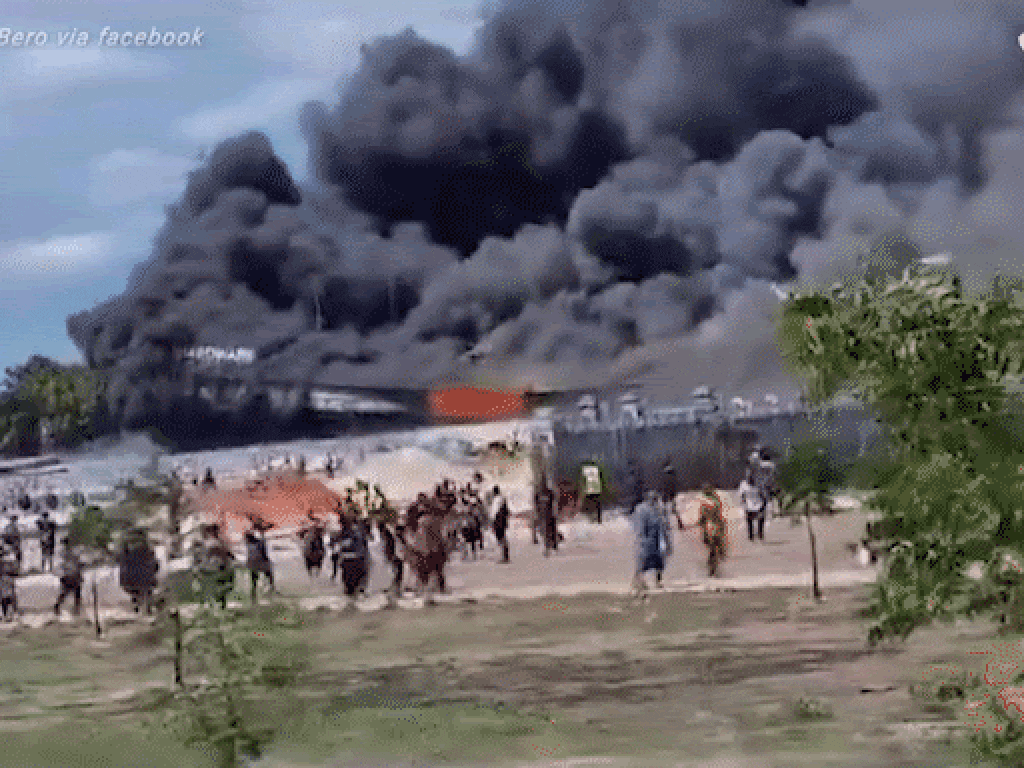

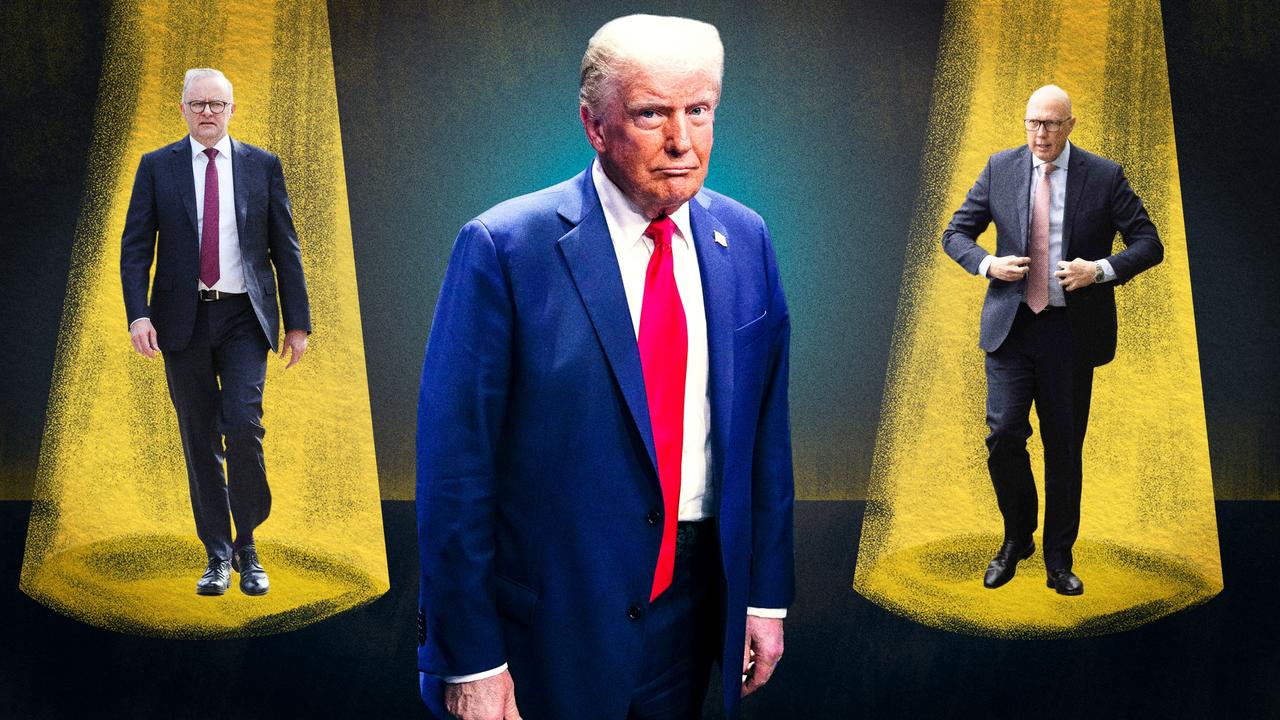
To join the conversation, please log in. Don't have an account? Register
Join the conversation, you are commenting as Logout